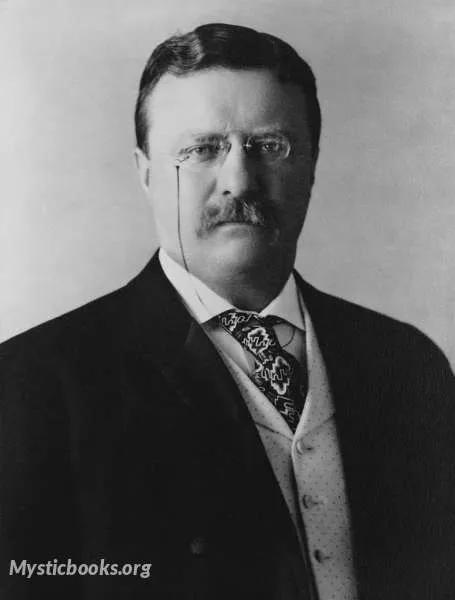
Timeline
Title
Country/Nationality
Theodore Roosevelt
Theodore Roosevelt Jr. often referred to as Teddy or his initials T. R., was an American statesman, conservationist, naturalist, historian, and writer, who served as the 26th president of the United States from 1901 to 1909. He previously served as 33rd governor of New York from 1899 to 1900 and the 25th vice president of the United States from March to September 1901. Roosevelt emerged as a leader of the Republican Party and became a driving force for anti-trust and Progressive policies.
Roosevelt was a sickly child with debilitating asthma but partly overcame his health problems by embracing a strenuous lifestyle. He integrated his exuberant personality, a vast range of interests and achievements into a "cowboy" persona defined by robust masculinity. He was home-schooled and began a lifelong naturalist avocation before attending Harvard. His book The Naval War of 1812 (1882) established his reputation as a learned historian and popular writer. Upon entering politics, he became the leader of the reform faction of Republicans in New York's state legislature. His wife and mother both died in rapid succession, and he began to frequent a cattle ranch in the Dakotas. He served as Assistant Secretary of the Navy under President William McKinley but resigned to lead the Rough Riders during the Spanish–American War. Returning a war hero, he was elected governor of New York in 1898. After Vice President Garret Hobart died in 1899, the New York state party leadership convinced McKinley to accept Roosevelt as his running mate in the 1900 election. Roosevelt campaigned vigorously, and the McKinley–Roosevelt ticket won a landslide victory based on a platform of peace, prosperity, and conservation.
Roosevelt took office as vice president in 1901 and assumed the presidency at age 42 after McKinley was assassinated the following September. He remains the youngest person to become President of the United States. Roosevelt was a leader of the progressive movement and championed his "Square Deal" domestic policies, promising the average citizen fairness, breaking of trusts, regulation of railroads, and pure food and drugs. He prioritized conservation and established national parks, forests, and monuments intended to preserve the nation's natural resources. In foreign policy, he focused on Central America where he began construction of the Panama Canal. He expanded the Navy and sent the Great White Fleet on a world tour to project American naval power. His successful efforts to broker the end of the Russo-Japanese War won him the 1906 Nobel Peace Prize. Roosevelt was elected to a full term in 1904 and continued to promote progressive policies. He groomed his close friend William Howard Taft to succeed him in the 1908 presidential election.
Roosevelt grew frustrated with Taft's brand of conservatism and belatedly tried to win the 1912 Republican nomination for president. He failed, walked out, and founded the Progressive Party. He ran in the 1912 presidential election and the split allowed the Democratic nominee Woodrow Wilson to win the election. Following the defeat, Roosevelt led a two-year expedition to the Amazon basin where he nearly died of tropical disease. During World War I, he criticized Wilson for keeping the country out of the war; his offer to lead volunteers to France was rejected. He considered running for president again in 1920, but his health continued to deteriorate. He died in 1919. He is generally ranked in polls of historians and political scientists as one of the five best presidents.
Books by Theodore Roosevelt
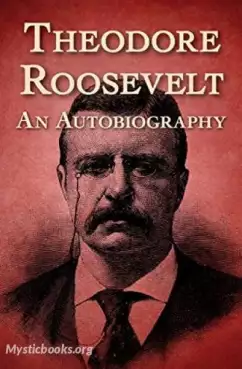
Theodore Roosevelt: An Autobiography
Theodore Roosevelt: An Autobiography is a 1913 autobiography written by former President of the United States, Theodore Roosevelt.
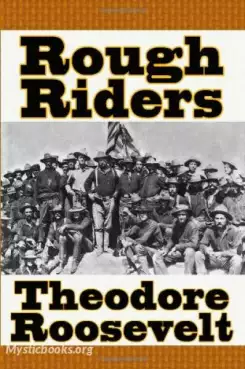
The Rough Riders
Theodore Roosevelt's personal account of The Rough Riders, the name affectionately bestowed on the 1st United States Volunteer Cavalry, one of three such regiments raised in 1898 for the Spanish-American War and the only one to see action. Roosevelt,...
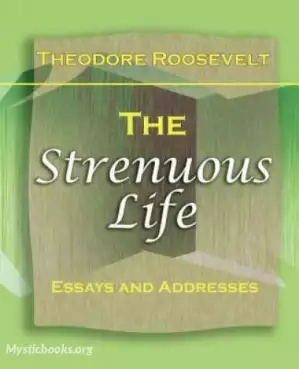
The Strenuous Life: Essays and Addresses of Theodore Roosevelt
The Strenuous Life: Essays and Addresses (1910) is a collection of Theodore Roosevelt’s published commentaries and public addresses on what is necessary for a vital and healthy political, social and individual life.
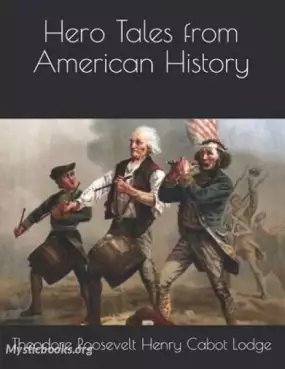
Hero Tales from American History
Its purpose … is to tell in simple fashion the story of some Americans who showed that they knew how to live and how to die; who proved their truth by their endeavor; and who joined to the stern and manly qualities which are essential to the well-bei...
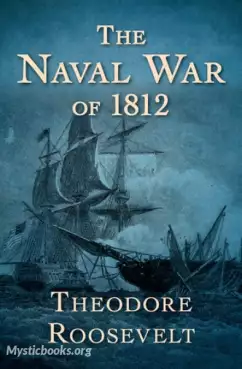
The Naval War of 1812
The Naval War of 1812 is Theodore Roosevelt's first book, published in 1882. It covers the naval battles and technology used during the War of 1812. It is considered a seminal work in its field, and had a massive impact on the formation of the modern...
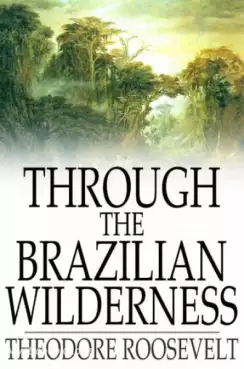
Through the Brazilian Wilderness
Roosevelt's popular book Through the Brazilian Wilderness describes his expedition into the Brazilian jungle in 1913 as a member of the Roosevelt-Rondon Scientific Expedition co-named after its leader, Brazilian explorer Cândido Rondon. The book desc...
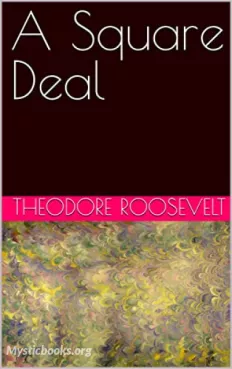
A Square Deal
In this, Roosevelt discusses his belief in the importance of social justice and fair treatment for all individuals, regardless of their background or social status. He emphasizes the need for a strong government that is responsive to the needs of its...
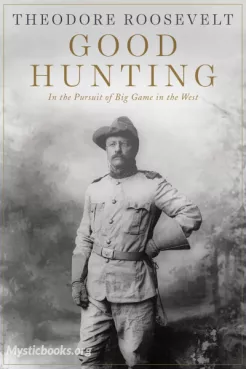
Good Hunting: In Pursuit of Big Game in the West
In this, Roosevelt provides vivid and detailed descriptions of his hunting trips, including encounters with grizzly bears, elk, and other wild animals. He also shares his thoughts on the importance of hunting and conservation, emphasizing the need to...
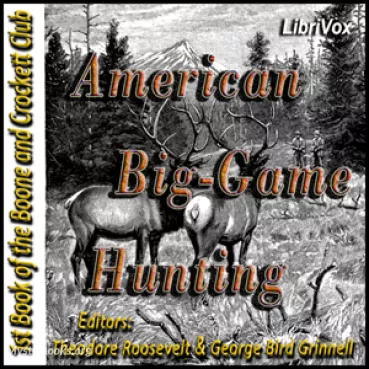
American Big-Game Hunting
Embark on an exhilarating adventure through the untamed wilderness of North America with Theodore Roosevelt's captivating work, "American Big-Game Hunting." This enthralling collection of tales chronicles Roosevelt's thrilling expeditions as he pursu...
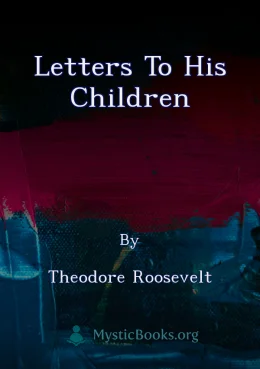
Letters to His Children
This book presents a collection of letters written by Theodore Roosevelt to his children during their school years. These letters offer a glimpse into the personal life of a prominent historical figure, revealing his love for his family, his playful...
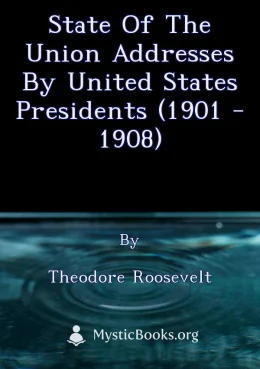
State of the Union Addresses by United States Presidents (1901 - 1908)
This album contains recordings of State of the Union addresses delivered by Theodore Roosevelt, the 26th President of the United States, during his presidency from 1901 to 1908. The addresses provide insights into the political landscape, legislative...